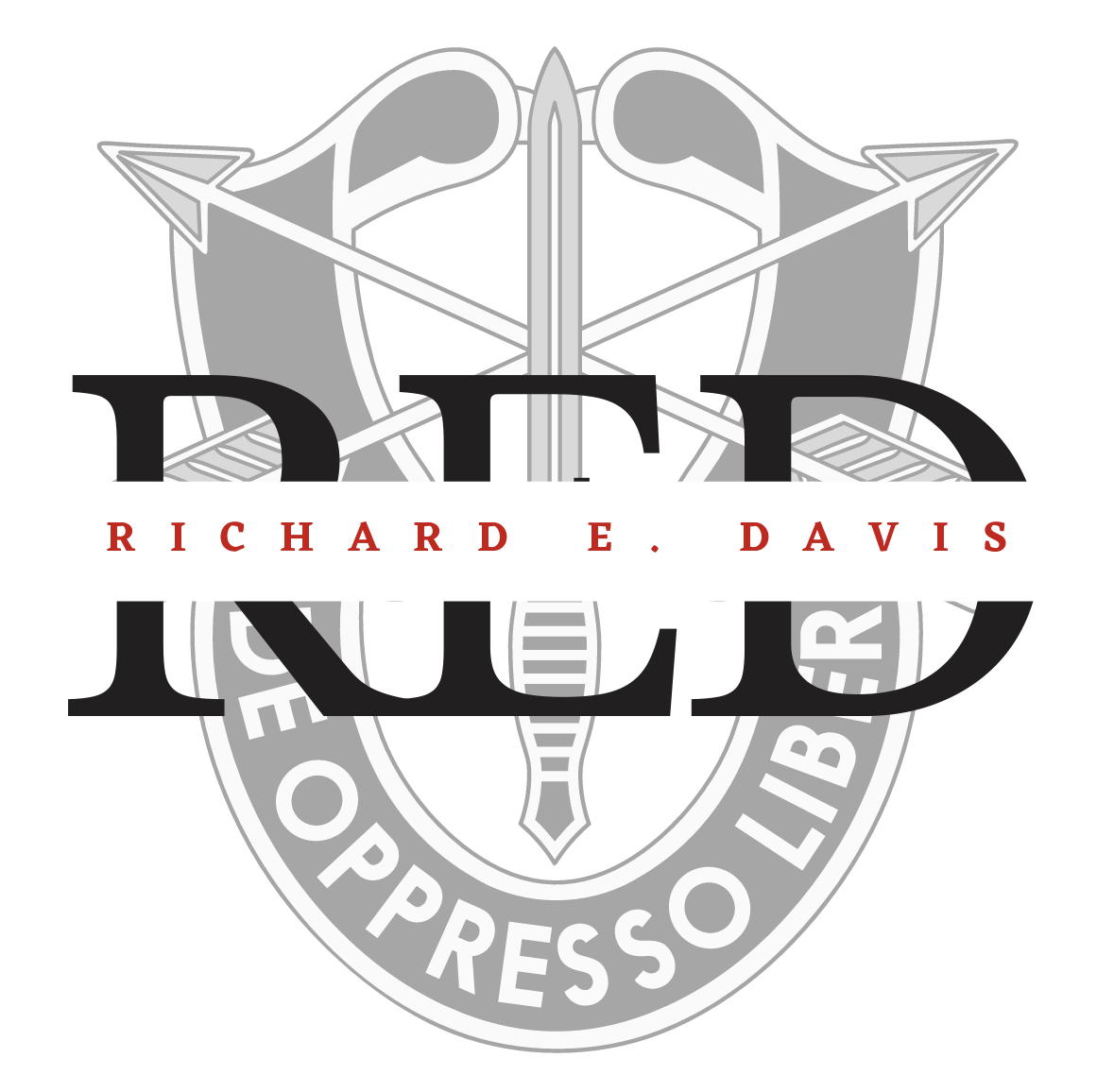Within some circles of ministry there is a debate between trauma-informed care and trusting in the sufficiency of Scripture. Personally, as a Christian educator who holds a position of Scriptural Primacy, I believe this debate to be a false equivalence.
Let me unpack this for a moment.
Scriptural Primacy is a position that values the social sciences and evaluates those findings through the truth of Holy Scripture. Studies in the social sciences are very important today, but conclusions can change over time as more data or new data is provided. Holy Scripture is a timeless truth (Hebrews 6:17-18) being inspired, authoritative, and profitable (2 Timothy 3:16-17). Profitable in redeeming, profitable in doctrine, profitable in correcting, and profitable in promoting a biblical worldview. The bottom line is that Scripture is sufficient in faith, practice, and for living an obedient life that glorifies God.
However, holding to a Scriptural Primacy view does not stop at Scripture alone but appreciates the research and findings in other academic fields. In Christian academia, the view that rejects the social sciences altogether is known as Scriptural Sufficiency. But I have not encountered one source that truly rejects the social sciences even if the debate is defined as between One Book or Two Books. Truly, the One Book position is the Scriptural Primacy view. The Two Books view is more aligned with the Paradigmatic view that values both Scripture and the Social Sciences while holding them equally authoritative and legitimate. Equally authoritative is key in understanding this position. A position that I reject.
As for the social sciences, these studies deal with institutions and society including areas such as economics, politics, anthropology, history, law, geography, psychology, and sociology. All are areas of study that are beneficial in our quest to understand who we are as created in God’s image and how different cultures and worldviews share in living life together. The Scriptural Primacy view is the only Christian educational position that retains the authority and sufficiency of Scripture while examining the research and findings of the social sciences in the world that God created.
As a Christian educator, I am grateful for those who study the social sciences and share their research and conclusions. Scripture speaks for itself in that, “An intelligent heart acquires knowledge, and the ear of the wise seeks knowledge” (Proverb 18:15).
So when discussions arise between Christians on the value of trauma-informed care among our military community, I am disappointed in the false equivalence often presented that the Scriptural Primacy view is opposed to the sufficiency of Scripture. This false equivalence cannot be further from the truth! Seeking and acquiring knowledge from the social sciences about post-traumatic stress, secondary traumatic stress, post-traumatic growth, advances in neurological research, and the efficacy of treatments is all for the hope and growth among our combat veterans.
Truly, seeking and acquiring knowledge to be better informed about traumatic stress among our combat veterans says the local church understands, cares, and is willing to walk with them and their family members.
All the best!

